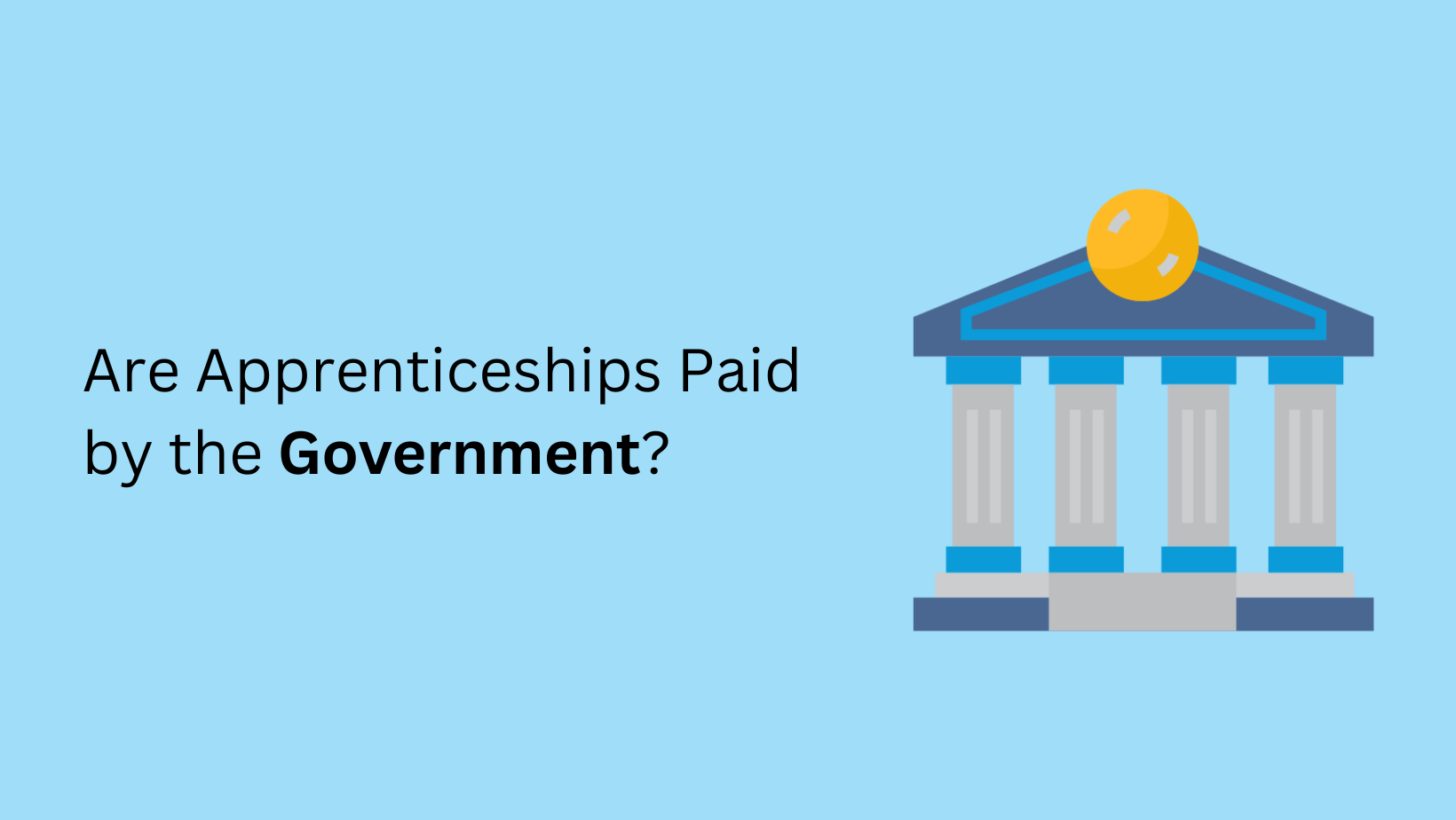Apprenticeships are an excellent way to gain practical skills and knowledge while earning a wage. However, you may be wondering, “Are apprenticeships paid by the government?”
Apprenticeships are valuable learning programs that provide individuals with hands-on training and practical skills to kickstart their careers. In the United Kingdom, apprenticeships have gained popularity as an alternative to traditional academic routes. However, one common question that arises is whether apprenticeships are paid by the government.
This article aims to shed light on the subject and provide a comprehensive overview of how apprenticeships are funded in the UK.

Understanding Apprenticeships
An apprenticeship is a work-based training program designed to equip individuals with specific skills for a particular industry or profession. It involves a combination of on-the-job training and classroom-based learning. Apprenticeships provide an opportunity to earn while learning, making them an attractive option for those seeking to enter the workforce directly after completing their education.
Apprenticeship Funding Models
In the UK, apprenticeships are funded through different models based on the employer’s size and the apprentice’s age. The funding models include the following:
- Government-Funded Apprenticeships: For apprentices aged 16 to 18, the government fully funds their apprenticeship training. This means employers do not have to contribute to the training costs, making apprenticeships a cost-effective option for young learners.
- Co-Investment Model: For apprentices aged 19 or above, the government and the employer share the cost of training. The government covers 95% of the training costs, while the employer is responsible for the remaining 5%. This model ensures that apprenticeships remain accessible and affordable for individuals of all ages.
- Apprenticeship Levy: The Apprenticeship Levy is a funding mechanism introduced by the UK government in 2017. It applies to large employers with an annual pay bill over £3 million. These employers must contribute to the apprenticeship training costs by paying a levy equal to 0.5% of their pay bill. The funds collected through the levy are then made available to these employers for investing in apprenticeship training.
Apprenticeship Wage
Apart from funding the training costs, the government also regulates the minimum wage that apprentices are entitled to receive. The apprentice wage varies based on age and the stage of the apprenticeship. As of April 2023, the minimum hourly wage for apprentices is as follows:
- Under 19 years old: £5.28 per hour
- 19 years old and over, but in the first year of their apprenticeship: £5.28 per hour
- 19 years old and over, and have completed the first year of their apprenticeship: The national minimum wage for their age group
Employer Responsibilities
While the government provides financial support for apprenticeships, it is important to note that employers have certain responsibilities. Employers are expected to provide a safe working environment, relevant training, and guidance to apprentices throughout their apprenticeship period. They also need to ensure that the apprenticeship meets the required standards and leads to nationally recognised qualifications.
Summary
Apprenticeships in the UK offer a valuable pathway for individuals to gain practical skills, experience, and qualifications. The government plays a crucial role in funding apprenticeships, with different funding models depending on the apprentice’s age and the employer’s size. By offering financial support and regulating minimum apprentice wages, the government aims to make apprenticeships accessible to individuals of all backgrounds.
